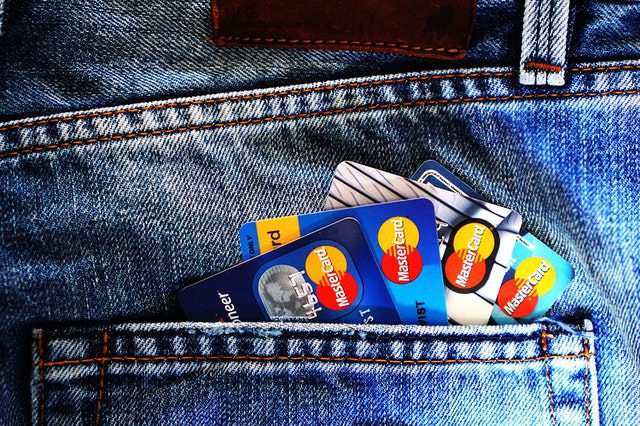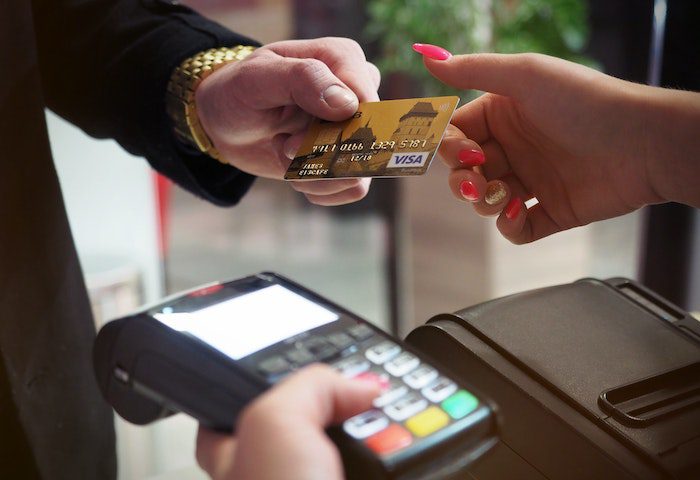How can you stay free of personal and business loans ? In our debt management today, we will give you 7 easy on how to free yourself from borrowing burden and staying free of any unnecessary loans. These tips are;
- Avoid/Eliminate unnecessary expenses
- Be frugal/Economical
- Operate within your means
- Budgeting & record keeping
- Delay any Investments
- Lease instead of buying Assets
- Business restructuring
What is bad debt?
Kenyans “fuliza” or borrow a staggering KES 1.2 billion on mobile lending apps each day. Whereas it gives you a quick fix for your cash deficit, it can easily be a bad debt.
A “Good” debt is defined as money owed for things that can help build wealth or increase income over time, such as student loans, mortgages or a business loan. “Bad” debt refers to consumption borrowing on things like credit cards or other consumer debt that do little to improve your future financial outcome.
As an individual or an small business you can easily be overwhelmed by borrowing excessive bad debts or loans that you cannot repay on time.
Any form of borrowings is costlier than using your internal resources like savings. As a borrower, you are required to repay capital and interest. Excessive borrowing can impede your liquid and solvency flexibility over time. If you fail to honor any repayment schedule, it will attract penalties. On the extreme, you may end be blacklisted by a credit bureau such as CRB limiting your future borrowing and access to formal credit.
This may trap you in a vicious circle of debt. In the worst case scenarios, You may end up being a serial borrower seeking a loan from Tom to pay Harry.
To avoid this challenge, we explain in detail our 7 earlier points
Eliminate unnecessary costs.
Some of the business costs like rent and transport can be avoided or eliminated altogether. As a creative entrepreneur, you can avoid debts when you start and nurture your SME business in a home office, garages, or your bedroom. It will combine your residential and business costs into one. The other tip is to combine many costs from various businesses into one. This has become more relevant during the covid-19 pandemic lockdowns and working from home. The following ideas will remain relevant after the pandemic.
- Work from home to avoid business rent, transport and utility costs.
- Hire staff on a contractual basis as opposed to permanent terms.
- Outsource some of the business operations like bookkeeping instead of hiring an expensive accountant.
- subcontract or sub-let your office space.
- Rely on cybercafés and computer bureau for teleconferencing facilities instead of buying them.
Be More frugal or economical
One of the reasons that an individual or an SME may borrow recklessly is overspending or impulse buying. You may also do it because you can easily access cash on your bank, credit card or save. To avoid this mistake be frugal on finance and economic decisions. Some of the best frugal tips from personal coachers are;
- work with the little cash at hand only.
- Avoid having the credit card on your wallet
- Carry the only cash that you have budgeted for.
- Proper record Keeping and tracking your expenses.
- Seeking, negotiating and bargaining for the best deals always.
- Await for stock clearance deals and low price sales campaigns like the black Friday.

Operate within your means
The only way you can stay free of debt is to avoid borrowing. If you do not need that loan the best thing is to avoid taking it. As a business or an individual, always operate within your means as much as possible. Avoid unaffordable luxuries like business trips or living on expensive apartments or estates. The only time you will seek a debt is when you need one like an emergency hospital bill.
Budgeting & Record keeping
Many people borrow first and then plan on how to use and repay that loan. It becomes worse with convenient borrowing options such as use of mobile money lending and banking apps. The best way to avoid this trap is through financial planning or budgeting and accurate record keeping.
Budgeting will help you plan on how to use the available money that you have. Incase of borrowing, a budget will help you on how to use and repay every coin. Your budget will also have a risk mitigation plan on how best to manage your debts when some uncertainties happen.
Record keeping will help you in tracking both cash inflows and cash outflows. Having up to date financial records will inform you on the past, current and project future earnings and expenses. This way, you know whether you can afford the car or house loan you desire.
Delay Buy decisions
Do you know you can easily avoid unnecessary debts or loans by postponing your purchase decision to next week, month or year? One major reason of why you are borrowing is to accumulate some (low priority)assets.
Instead of buying those assets, you can borrow or hire them cheaply from friends and family without inconveniencing them. The idea is to delay the expenses and buy decisions till your business is mature enough to afford it. Some items that you can borrow are small office equipment, personal computers or a car.
Your other idea is to slowly accumulate assets over time without debt. You will spread your assets buying plan over several financial years without having to overspend or borrowing.
Lease Assets instead of buy
One way to reduce your operational costs is hiring equipment instead of buying. Leasing and renting business assets can be cheaper than buying or installing one. It is an idea that can keep you free of personal and business loans. Other borrowers take a loan for investing in dead capital and consumption loans. These are loans that cannot generate enough returns to repay the initial loans. Besides saving operational costs, leasing and hiring of machinery, equipment and business premises eliminate your risk of owning and operating an asset. In some lease contracts, the lessor will transfer the ownership title of the asset to the lessee. The arrangement allows you to own an item through smaller instalments free of expensive debt.
Business Restructuring
To reduce your debts, re-structure your business costs to match your profit performance. Best way to do this is to convert some of your fixed costs into variable costs.
The goal is to reduce your percentage of fixed costs like monthly rent or salaries. At the same time, you will increase the portion of hybrid and variable expenses. Variable costs increase when your operations are high and reduce when you not working.
How can you make this cost switch? An example is paying your workers a retainer amount plus commission based on their productivity. Instead of paying an expensive payroll expense, it will be cheap when employees were not working.
Conclusion
Borrowing is not bad as debts are necessary for business and individual growth. You can use good debts to accomplish projects like building or enjoy other benefits like getting a car that you cannot afford today. However, reckless borrowing, lack of budgeting and borrowing first and then plan how to use and pay the loan can trap you in a debt trap or worse get blacklisted with a credit bureau. In this article, you have learnt six tips to manage debt and stay free of borrowing. These are budgeting.



